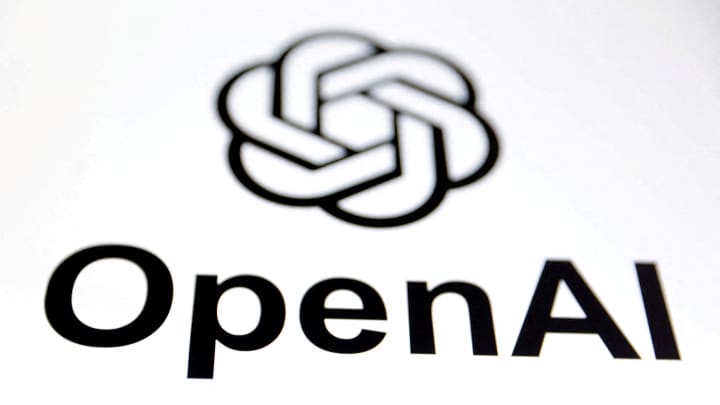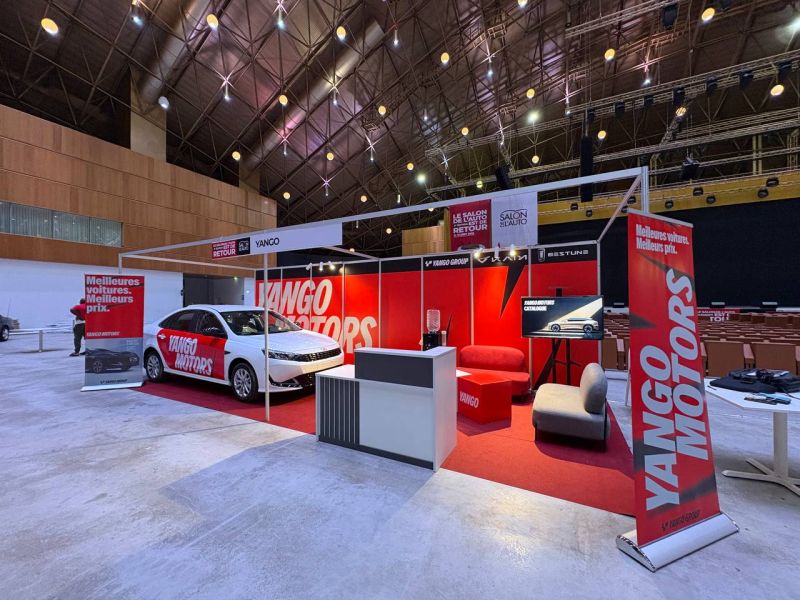OpenAI just rolled out Grove, a fresh take on startup mentoring that throws out the typical accelerator playbook. This five-week program starts October 20 and targets founders who haven’t even settled on their big idea yet.
AI startups grabbed 53% of all global venture capital in the first half of 2025, pulling in over $100 billion according to PitchBook data.
OpenAI Grove Program Structure Breaks Traditional Molds
OpenAI Grove accepts about 15 participants per cohort. Applications close September 24, 2025. The program runs from OpenAI’s San Francisco headquarters with in-person workshops, weekly office hours, and direct mentoring from OpenAI’s technical team.
Participants get early access to unreleased OpenAI tools and models. This hands-on experience with AI happens before public availability. Grove will explicitly targets pre-idea to pre-seed founders, a group most accelerators skip entirely.
Traditional accelerators like Y Combinator and Techstars typically want founders with formed ideas, proven traction, or at least a clear direction. Grove flips this approach by nurturing raw potential instead of polished pitches.
How Grove Compares to OpenAI’s Other Startup Programs
OpenAI already runs two other founder-focused initiatives. The Pioneer Program works with companies on specific AI use cases. OpenAI for Startups supports established companies building AI products in defined sectors.
Grove sits at the earliest stage of this pipeline. It feeds into OpenAI’s ecosystem while potentially creating a direct pathway for the most promising founders to continue working internally with the $500 billion company.
This creates an interesting competitive advantage. While Google’s Cloud AI Accelerator and Microsoft’s partnership with PearlX focus on later-stage companies, OpenAI captures founders at the ideation phase when they’re most malleable to specific platforms and approaches.
Pre-Idea Founders Face Unique Challenges
Most startup programs assume founders arrive with clear problems to solve. Many technical talents know they want to build with AI but haven’t identified their specific focus area.
This presents both advantages and risks. Pre-idea founders bring fresh perspectives without baggage from previous approaches. They’re also more willing to experiment with new tools and methodologies.
However, they need more foundational support than founders who’ve already validated market demand. Grove’s five-week intensive format addresses this through concentrated exposure to OpenAI’s technical team and peer network.
Program Benefits Beyond Typical Accelerator Offerings
Grove participants receive several unique advantages:
Early Tool Access: Hands-on experience with unreleased OpenAI models gives participants competitive intelligence and development advantages.
Technical Mentorship: Direct access to OpenAI researchers and engineers provides insights unavailable elsewhere.
Internal Pathways: Successful participants can explore continuing relationships with OpenAI itself, either through employment or deeper partnerships.
Dense Network Effects: The concentrated five-week format in San Francisco creates stronger peer connections than typical distributed programs.
The program also covers travel costs for required in-person weeks while allowing asynchronous participation during other periods.
Strategic Implications for AI Startup Ecosystem
Grove signals OpenAI’s broader ambition beyond just selling API access. OpenAI builds a generation of entrepreneurs naturally aligned with its technology stack and business model by nurturing founders from their earliest stages
This approach could reshape how large AI companies compete for developer mindshare. Instead of fighting over established startups, they’ll compete to capture and cultivate raw talent before it crystallizes around specific platforms.
The program’s success will likely influence whether other AI giants launch similar pre-idea initiatives, potentially creating a new category of startup support focused on platform cultivation rather than traditional business acceleration.















